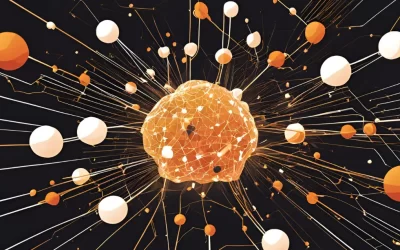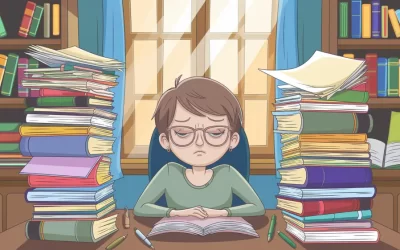Logophile. Lover of words. Word nerd. However, we word enthusiasts choose to define our devotion to words, whatever paths we take towards achieving peak word-related euphoria, one aspect is common. That is the origin story; the epiphanic, pivotal moment that irrevocably transformed our relationship with words by romanticizing the framework through which we see, use, and even understand these essential and epic totems of communication.
I can recount several experiences in adolescence that alerted my mind to the greater mysteries of the human language. I remember vividly and with absolute fondness Julie Andrews, accoutered in her iconic Mary Poppins costume, gleefully singing “supercalifragilisticexpialidocious” into my heart-turned-wellspring-of-hope-and-Disney-idealization. Perhaps less transformational but equally as significant is the cross-examination scene at the end of Legally Blonde, which sees Reese Witherspoon’s character instantly call to mind the key chemical used in perming hair, ammonium thioglycolate, to eviscerate Chutney’s alibi and effectively win the case.
Alas, even Mary Poppins and Elle Woods must bow to the Dog Bowl. This was the trivia competition that consumed an entire four months of my senior year in high school. I, alongside my fellow avid 4-H club members, entered to compete against other local clubs and organizations in what would be the ultimate test of our canine expertise. I worked closely with Desmond and Carrie, two of my friends and the only other high school students in the club, to prepare for what I envisioned as our Slumdog Millionaire moment. In addition to the afterschool club meetings at the local elementary school, we also sequestered ourselves away at lunch and during any available moment in class to recreate a frenetic mock-quiz show, desperately imploring one another to remember specific dog breeds, diseases, and tips for caring for domestic pets. Though I can only barely recall the facts I once militantly committed a memory, I do remember the awe with which I learned that entire subset of human language, indeed hundreds upon hundreds of words, had been designed specifically to conceptualize the anatomy, behavior, appearance, and even psychology of dogs.
The Hertford County 4-H Club won the Dog Bowl that year. I remember reveling in a sort of encyclopedic brilliance, at least for the few weeks before the dog trivia was phased out of my mind by the AP vocabulary that overtook my brain. What remained was an insatiable desire to awaken myself to the wonders of terminology, to transcend my passive colloquialisms and access the ripe potential that words hold in elevating our communication and minds. Word trivia still holds a special place in my mind, and is joined by pocket thesauruses, Word-of-the-Day apps, crossword puzzles, and books aplenty in the effort to continue discovering new ways to say what I want to say in a better way. To echo the sentiments of the world’s biggest Harry Potter fan and expert in transmogrification, J.K. Rowling, “Words are, in my not-so-humble opinion, our most inexhaustible source of magic. Capable of both inflicting injury, and remedying it.”




